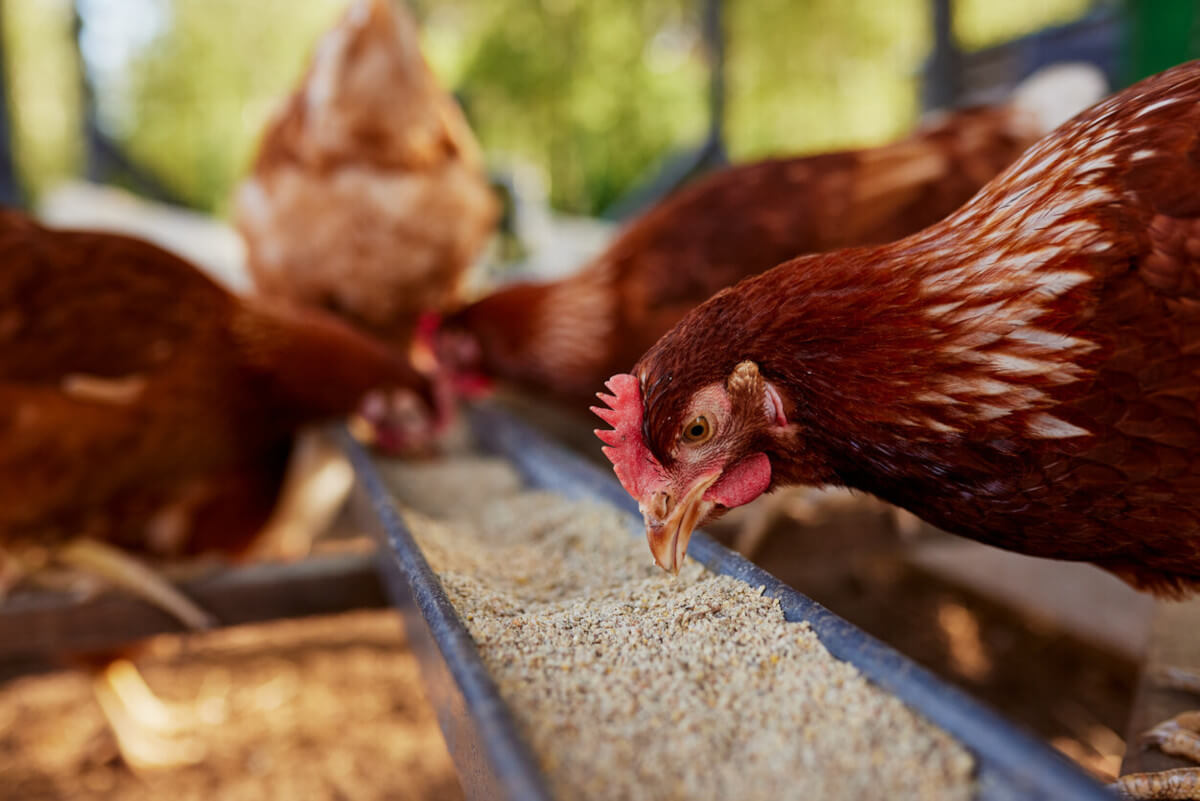
Nutritional Needs of Cattle, Sheep, Goats, and Poultry
Proper nutrition is the backbone of successful livestock production. Whether you are raising
cattle, sheep, goats, or poultry, understanding their nutritional requirements is essential for
growth, reproduction, disease resistance, and profitability. Each species has unique dietary
needs based on age, production stage, and purpose (meat, milk, or egg production).
In this article, we’ll break down the nutritional needs of cattle, sheep, goats, and poultry to
help farmers make informed feeding decisions.
1.Nutritional Needs of Cattle
Cattle require a balanced diet for growth, milk production, and reproduction.
Key Nutrients:
- Energy: Provided mainly by carbohydrates and fats from forages (pasture, silage,
hay) and concentrates (maize, sorghum). - Protein: Essential for muscle and milk production. Sources include soybean meal,
groundnut cake, cottonseed cake, and legumes. - Minerals & Vitamins: Calcium, phosphorus, magnesium, and salt are critical. Vitamin
A, D, and E play vital roles in reproduction and immunity. - Water: Fresh, clean water is a must; lactating cows require large amounts.
Feeding Tips:
- Use high-quality forage as the base diet.
- Supplement with concentrates for lactating and fast-growing cattle.
- Provide mineral licks or fortified blocks.
2. Nutritional Needs of Sheep
Sheep are grazers and thrive on high-quality pasture, but they need supplementation to
maximize productivity.
Key Nutrients:
- Energy: Pasture grasses, hay, and cereal grains like maize or barley.
- Protein: Legume hays (alfalfa, clover) and oilseed meals.
- Minerals: Calcium, phosphorus, and salt are vital. Copper must be limited because
sheep are very sensitive to copper toxicity. - Vitamins: Vitamin A and E are crucial for reproduction and immune function
- Water: Clean water is essential, especially during lactation and hot weather.
Feeding Tips:
- Avoid overfeeding grains to prevent acidosis.
- Ensure mineral mixes are specifically formulated for sheep (low copper).
- Provide plenty of roughage for rumen health.
3. Nutritional Needs of Goats
Goats are browsers that prefer shrubs, leaves, and weeds, making them more flexible
feeders than sheep and cattle.
Key Nutrients:
- Energy: Browse plants, hay, silage, and grains.
- Protein: Legume hays, oilseed cakes, and commercial protein supplements.
- Minerals: Calcium, phosphorus, and trace minerals like selenium and zinc are
important. Unlike sheep, goats tolerate copper better, but balance is still crucial. - Vitamins: Vitamin A, D, and E are needed for growth and reproduction.
- Water: Goats require regular access to clean water.
Feeding Tips:
- Provide diverse browse materials to meet nutritional needs.
- Supplement lactating does and growing kids with concentrates.
- Offer mineral licks or fortified feeds.
4.Nutritional Needs of Poultry
Poultry nutrition is very different because they are monogastric animals (single-stomach),
relying on carefully balanced rations.
Key Nutrients:
- Energy: Supplied by maize, wheat, sorghum, and fats.
- Protein: Essential for muscle development and egg production. Sources include
soybean meal, groundnut cake, fishmeal, and synthetic amino acids (methionine,
lysine). - Minerals & Vitamins: Calcium (for strong eggshells), phosphorus, salt, and vitamin
D3 are critical. Other vitamins like A, E, K, and B-complex support health and
productivity. - Water: Birds need continuous access to clean water—water intake directly affects
feed intake.
Feeding Tips:
- Use balanced commercial rations (starter, grower, finisher, and layer feeds).
- Provide oyster shell or limestone for layers.
- Avoid feed contamination to reduce disease risks.
Final Thoughts
Good nutrition is the foundation of animal health and farm profitability. Whether you are
raising cattle, sheep, goats, or poultry, a well-balanced diet ensures:
✅ Faster growth rates
✅ Higher milk and egg yields
✅ Stronger immunity
✅ Better reproductive performance
Farmers should consult veterinarians or animal nutritionists when formulating rations to
ensure all nutrient requirements are met. Investing in nutrition is investing in the success of
your livestock enterprise.

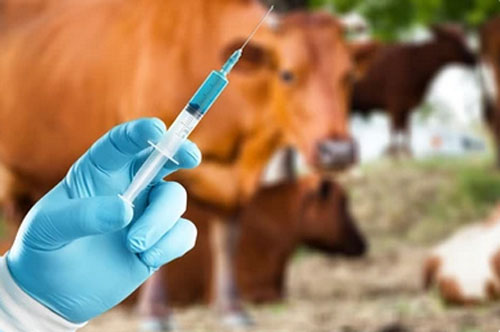

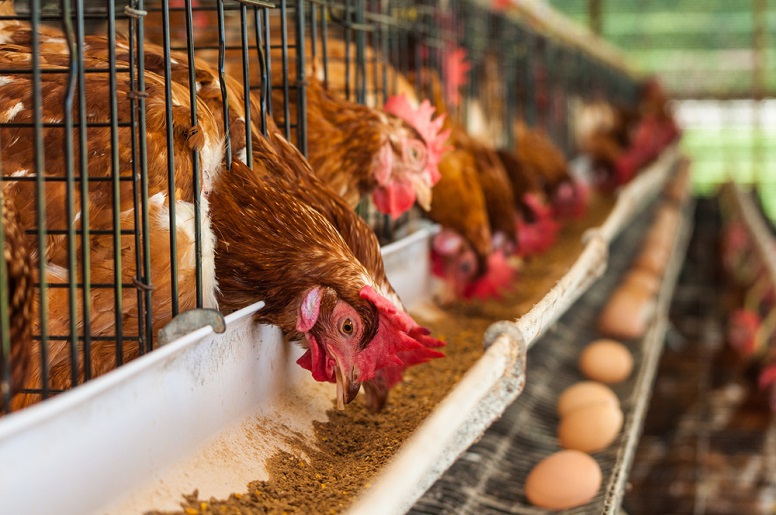
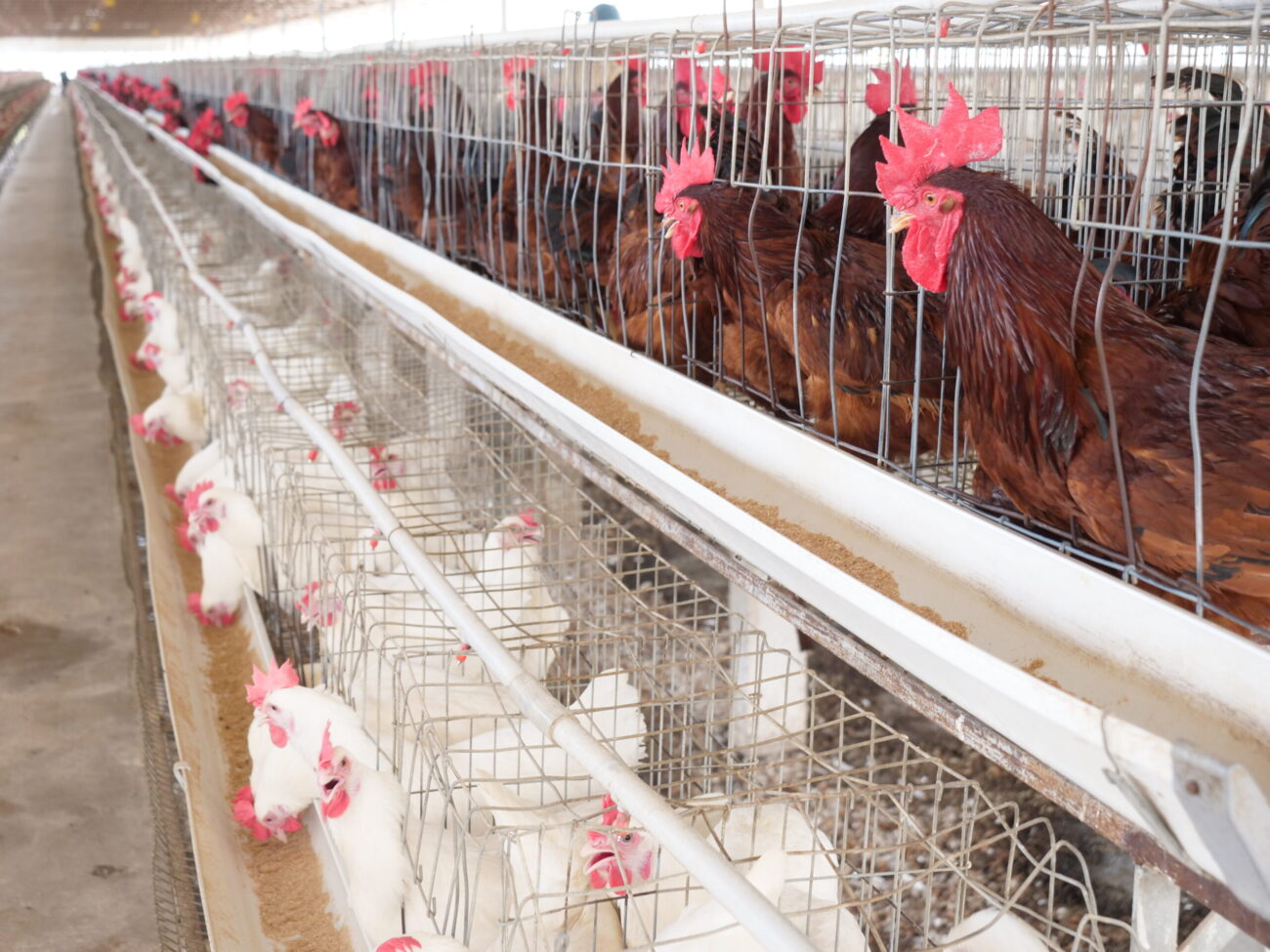
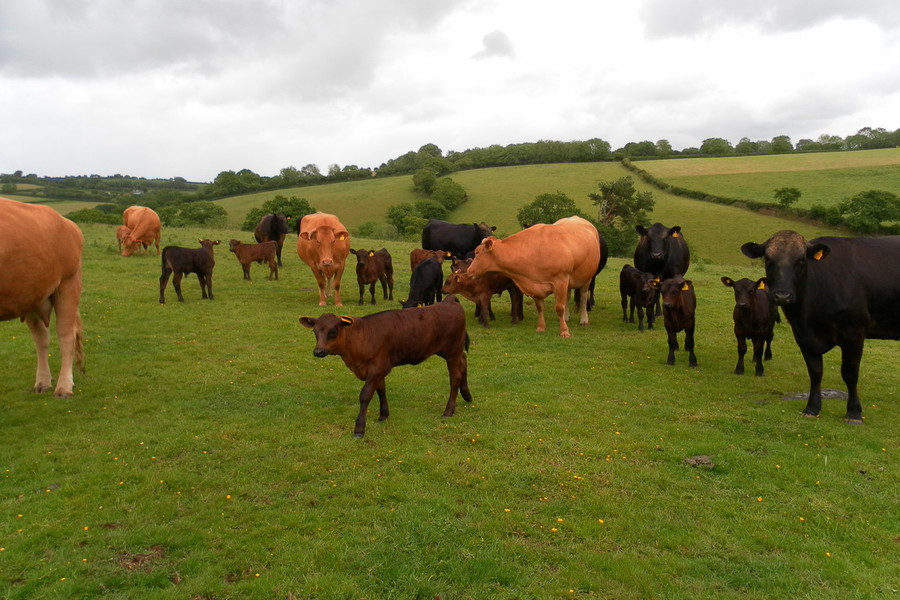
https://shorturl.fm/4TtTY
https://shorturl.fm/IV3ZD
https://shorturl.fm/m2bt4
https://shorturl.fm/HF9kd
https://shorturl.fm/YIs9I
https://shorturl.fm/JOwYJ
https://shorturl.fm/c34v0
https://shorturl.fm/OISxp
https://shorturl.fm/zmkak
https://shorturl.fm/vY6Q3
https://shorturl.fm/lWMSH
https://shorturl.fm/v0zd9
https://shorturl.fm/Vf11J
https://shorturl.fm/Cjelr
https://shorturl.fm/W6iKu
https://shorturl.fm/93PR2
https://shorturl.fm/CxsUw
https://shorturl.fm/ZYAD4
https://shorturl.fm/GvtR8
https://shorturl.fm/xH6dc
https://shorturl.fm/fTGj8
https://shorturl.fm/2IOg7
https://shorturl.fm/bIdYN
https://shorturl.fm/R0tML
https://shorturl.fm/iA8vM
https://shorturl.fm/OTac8
https://shorturl.fm/Sh2c0
https://shorturl.fm/ol5jq
https://shorturl.fm/ZyuC7
https://shorturl.fm/q8CVo
https://shorturl.fm/w5ZOW
https://shorturl.fm/zcOdi
https://shorturl.fm/P7ES9
https://shorturl.fm/XGjPi
https://shorturl.fm/vUVxR
https://shorturl.fm/CE1yO
https://shorturl.fm/C1Dz6
https://shorturl.fm/44agG
https://shorturl.fm/i8TBd
https://shorturl.fm/otQeJ
https://shorturl.fm/oYxnS
https://shorturl.fm/geqJw
https://shorturl.fm/fUQcv
https://shorturl.fm/V95Tk
https://shorturl.fm/D8EwV
https://shorturl.fm/aEog8
https://shorturl.fm/9CjuI
https://shorturl.fm/sHWcg
https://shorturl.fm/6cwb1
https://shorturl.fm/8g4pl
https://shorturl.fm/nLFsH
https://shorturl.fm/uoDFp
https://shorturl.fm/m4t0X
https://shorturl.fm/c5EWc
https://shorturl.fm/OqJU9
https://shorturl.fm/SiI6h
https://shorturl.fm/fC0gE
https://shorturl.fm/YzB8f
https://shorturl.fm/JCA2l
https://shorturl.fm/2I9tL
https://shorturl.fm/MKpUj
https://shorturl.fm/7RMgN
https://shorturl.fm/KGnuF
https://shorturl.fm/BANVg
https://shorturl.fm/oWKHa
https://shorturl.fm/wpGyF
https://shorturl.fm/a0f9c
https://shorturl.fm/E8XzB
https://shorturl.fm/zvFJg
https://shorturl.fm/79yxv
https://shorturl.fm/riveG
https://shorturl.fm/Fhcyc
https://shorturl.fm/2kEPu
https://shorturl.fm/1wwo8
https://shorturl.fm/4nKp5
https://shorturl.fm/CllJe
https://shorturl.fm/8mXmU
https://shorturl.fm/gw8ZL
https://shorturl.fm/p4Gk1
https://shorturl.fm/Dg83u
https://shorturl.fm/0KxMZ
https://shorturl.fm/gYl4H
https://shorturl.fm/GOILx
https://shorturl.fm/87FAH
https://shorturl.fm/Qo55M
https://shorturl.fm/xtddk
https://shorturl.fm/TsmnH
https://shorturl.fm/OY4hH
https://shorturl.fm/AHBHn
https://shorturl.fm/PA0ag
https://shorturl.fm/Kd5K4
https://shorturl.fm/sa8BS
https://shorturl.fm/YBFpu
https://shorturl.fm/WbSOd
https://shorturl.fm/u1JrN
https://shorturl.fm/p12lV
https://shorturl.fm/BcINN
https://shorturl.fm/pMjJi
https://shorturl.fm/aWmv4
https://shorturl.fm/clNHF
https://shorturl.fm/4Bg8M
https://shorturl.fm/yhBCD
https://shorturl.fm/kPCjn
https://shorturl.fm/aa251
https://shorturl.fm/ppTC7
https://shorturl.fm/p8I9i
https://shorturl.fm/MgOFI
https://shorturl.fm/dR7ZU
Enter your invite code to earn your airdrop on Aster https://is.gd/ZceEI6
Hi https://is.gd/9PLRLO
Promote our brand and watch your income grow—join today!